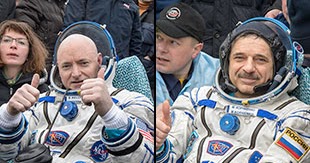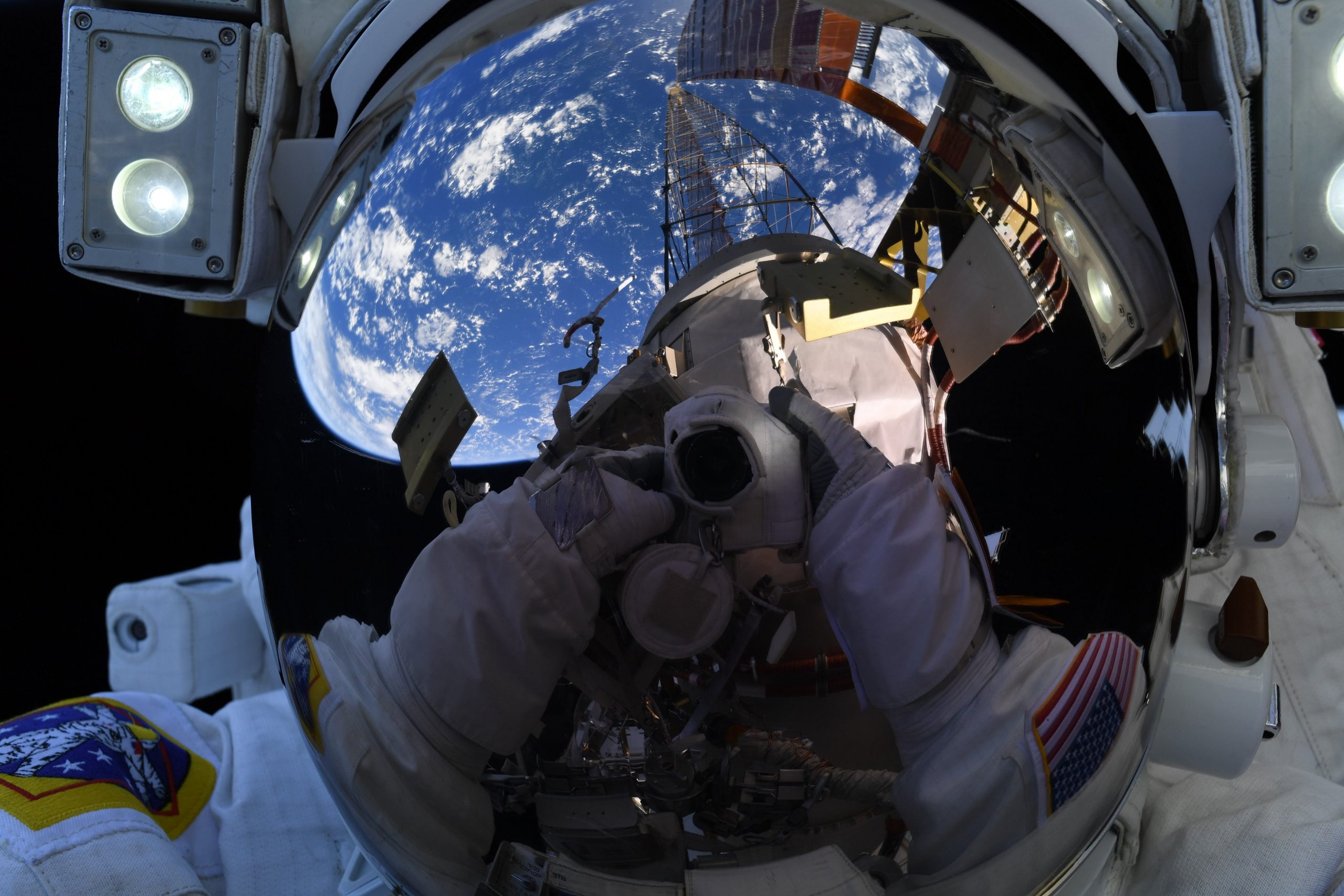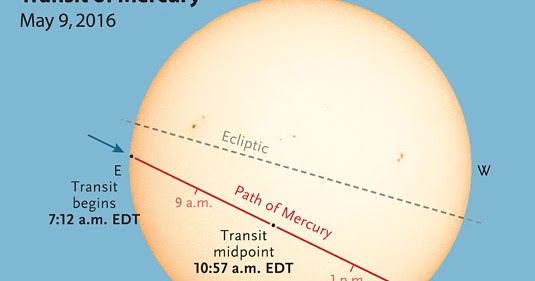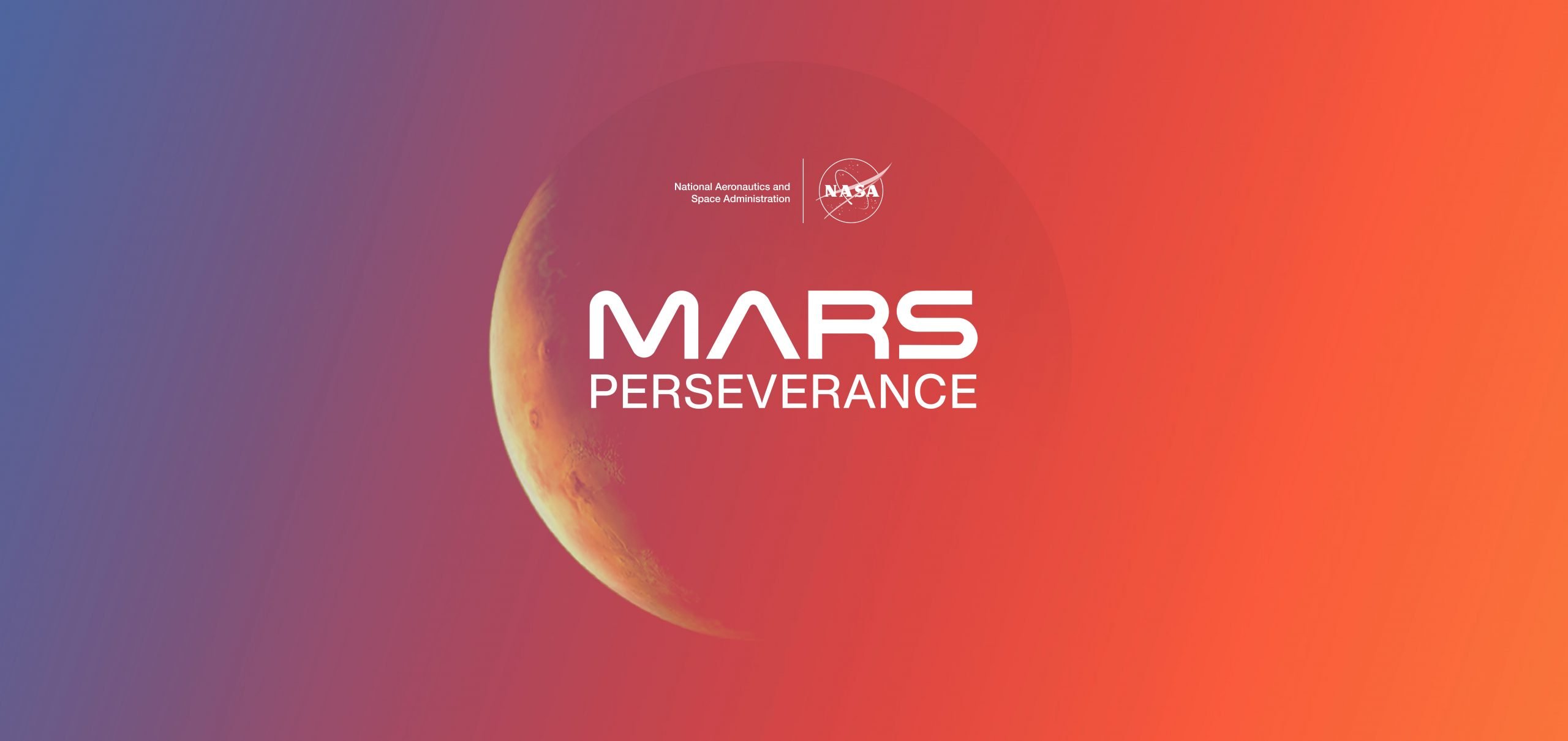Astronaut Scott Kelly and cosmonaut Mikhail Kornienko have returned to Earth after spending almost one year living and working in low-Earth orbit aboard the International Space Station.
The One Year crew alongside their Soyuz commander Sergey Volkov bid farewell to the International Space Station as the hatches between the station and the Soyuz TMA-18M spacecraft were closed at 9:43 p.m. GMT on March 1.
Year in Space crew members Kelly and Kornienko shortly after landing in Kazakhstanafter spending 340 days aboard the International Space Station.credit: NASA/Bill Ingalls
The Soyuz craft departed the complex a couple of hours later when it undocked from the space station’s Poisk module at 1:02 a.m. on the morning of March 2.
Following a series of orbital maneuvers, the Soyuz performed its de-orbit burn to reduce the spacecraft’s speed and altitude for a fiery re-entry through the Earth’s atmosphere.Just over three hours after departing the ISS, Volkov, Kelly and Kornienko landed their vehicle in the remote steppe of Kazakhstan at 4:26 a.m. – bringing the Year in Space mission to an end. The crew were then placed in reclining chairs next to their Soyuz before being carried a short distance to an awaiting medical tent to get the crew out of their Sokol launch and entry suits to participate in brief field tests.These field test studies are conducted to see the effect that long term weightlessness has on the astronaut’s ability to stand from a seated position, walk through obstacles and stand upright. This will help investigators further understand what future space farers will be able to do once they’ve landed on Mars having spent months in a weightless commute.In a recent interview with NASA TV, Kelly was asked what he thought was the biggest accomplishment of this flight – “We absolutely accomplished an incredible amount of work both on the US Operational Segment and on the Russian Segment.””Our time here has demonstrated not only the capability for us to stay in space for a long time and to do well, but also the capability of ground teams to support us, the sytsems that keep us alive and the resuspply in a way that is forward thinking towards a potential flight to Mars. We’ve collected a lot of data during our time here and that data is something that’s going to be analysed later.. but I think it’s been a great success and a real privilege to part of it.”
Over the past 340 days, Kelly and Kornienko:
Completed 5,440 orbits of the Earth.
Ran over 640 miles on the station’s treadmill.
Travelled 143,846,525 miles – roughly the distance from Earth to Mars. A return journey to the red planet is expected to last 500 days or longer.
Conducted over 400 scientific experiments during the course of their stint aboard the complex.
Coming Home: Kelly, Volkov and Kornienko tightly packed inside their Soyuzcredit: NASA
“Misha and I are only one data point. You need a lot more numbers to draw specific conclusions but I’m hoping what we find is a lot of information that will help us eventually continue on our path toward Mars.”
Another unique investigation conducted over the past year is the Twins Study. Former NASA astronaut Mark Kelly, Scott Kelly’s identical twin has served as the control subject for his brother on orbit. This study hopes to investigate if the effect of long-duration spaceflight has any difference on the body on a genetic level.Today’s landing brings to an end the fourth spaceflight for Scott Kelly who has now logged 520 days in space and sets the record for the most time in space for an American. Mikhail Kornienko now logs 516 across two space station expeditions. Soyuz commander Sergey Volkov returns to Earth with 548 days in space across three long-duration stays aboard the International Space Station.The departure of the Soyuz marked the official beginning of Expedition 47 after Kelly handed over the reigns of the orbiting laboratory to Tim Kopra of NASA. Kopra remains aboard the station with cosmonaut Yuri Malenchenko and ESA astronaut Tim Peake.The trio will be joined on March 19 when the Soyuz TMA-20M docks to the vacant docking port on Poisk – bringing Alexei Ovchinin, Oleg Skripochka and Jeff Williams to the station for a six month mission.Thank you for reading Irish Space Blog!
Be sure to follow us on Twitter and Google+




